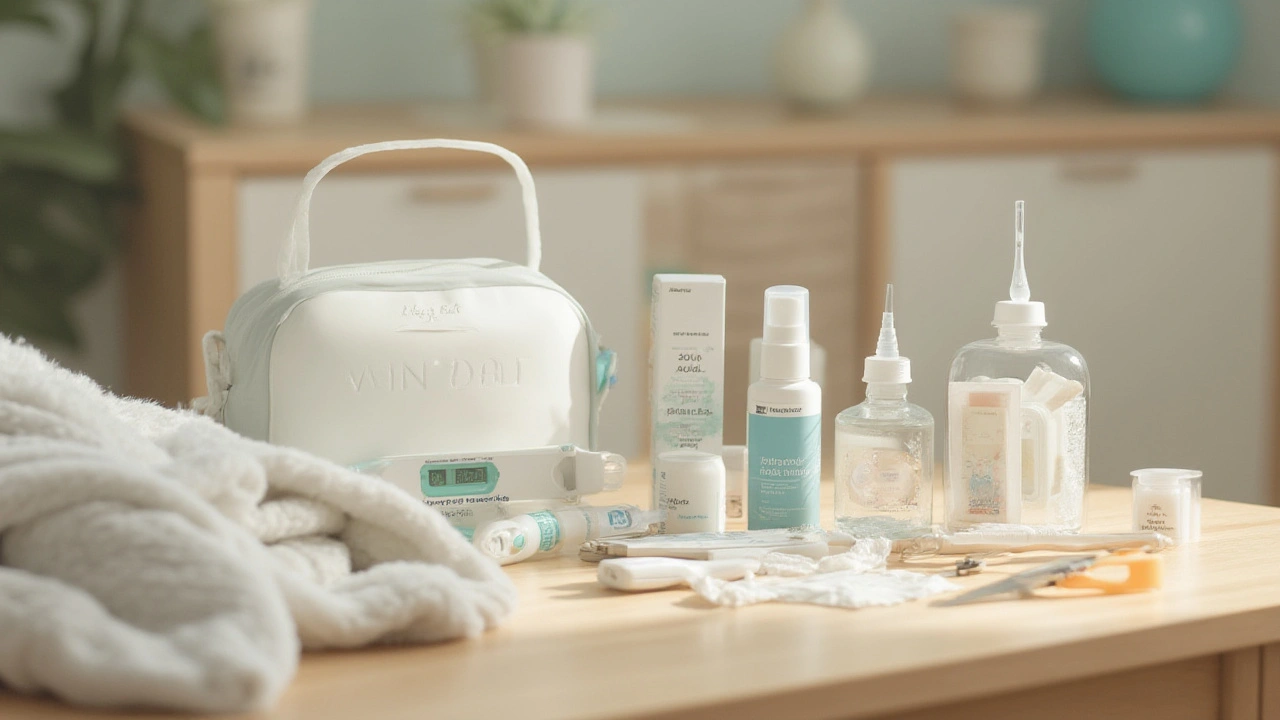Ever glanced into your bathroom cabinet and wondered if those half-used painkillers or old allergy meds are actually safe to keep? You’re not alone. Your first aid kit isn’t just a box for emergencies—it’s a real-life toolbox that needs fresh, safe supplies. And when it comes to medication, the rules are stricter than most people think.
Expired meds can be more than just useless—they can actually hurt you. Some lose their power, leaving you unprotected when you need help most. Others don’t just become weaker; they can change in ways that trigger nasty side effects. That’s why experts say you shouldn’t treat expiration dates like best-by labels on snacks. If you’ve got leftover antibiotics or prescription painkillers lying around, don’t risk it. The latest studies from pharmacy schools show people who take expired heart meds or EpiPens get worse results than those using up-to-date supplies.
But safe first aid isn’t just about tossing old pills. Knowing how to get rid of unused medications matters for your family and the environment. Flushing them? Tempting, but it pollutes drinking water. Tossing them in the trash? Not always secure. Most communities now have take-back programs at local pharmacies or police stations—fast, anonymous, and safe for curious kids and pets. If you’re stuck, mix meds with coffee grounds or cat litter before bagging and tossing. It sounds weird, but it keeps drugs from being misused.
Let’s talk about travel. Packing meds for a vacation means planning for more than headaches. If you’re heading out of the country or even across the state, double-check that you have pain relievers, allergy pills, and the scripts you actually need—with copies of your prescriptions. Airport security can get picky, especially with liquids or injectables. And you don’t want to be caught off guard without your essentials when a time zone change or stomach bug hits. Keep everything in its original box with the label readable—TSA may want proof that your meds are really yours.
A good first aid kit isn’t just pills and plasters. Add bandages, alcohol wipes, tweezers, and an up-to-date list of emergency contacts and allergies. For extra backup, a digital list on your phone can save the day if you can’t talk or need to share details with EMTs.
Don’t let old myths or laziness cost you in the long run. Whether you’re at home or away, update your first aid supplies at least once a year. Replace anything past its date, and scan your kit for missing basics after each trip or family mishap. Safe, effective, and ready when you need it most—that’s what peace of mind is all about.

Discover what every newborn first aid kit should include, why each item matters, and expert-backed tips to keep your baby safe and healthy from day one.